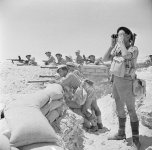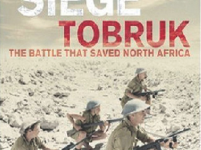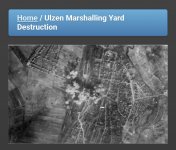It was not a disgrace.
You need to balance up some very difficult choices.
How about not targeting industry, or the workers in those industries, Hamburg and Dresden etc were also hubs for communications eg port and railway.
Targeting them meant direct disruption but it also meant the Germans had to spend time dealing with housing, food and water shortages for the labour for the war effort. Repairs or new build had to be done. Refugees clogged up roads.
If you are impeding production, slave labour was needed even more. If the railways were knackered, they couldn't send jews off to camps. When they were repaired, it was arms and supplies that were then prioritised, rather than another train of children to the gas chambers. At least until the very late stages.
What you have to remember is that with any normal adversary, the war was lost by late 1942 and there would have been a surrender. Those in charge were not normal and fanatics permeated every facet of German society. Fear of their own side was extraordinary. The bombing was the only solution.
It was incredibly costly but incredibly effective.
Operation Gomorrah killed 37,000 in a week and wounded 180,000 when it destroyed Hamburg. The bomb sites weren't accurate for more precision bombing at that time, but it doesn't matter, the aim was to utterly disrupt. Remember bombing was by day with the USAAF and by night from the RAF. There was no let up. It was wearing the opposition down psychologically and physically as well as materially and logistically.



